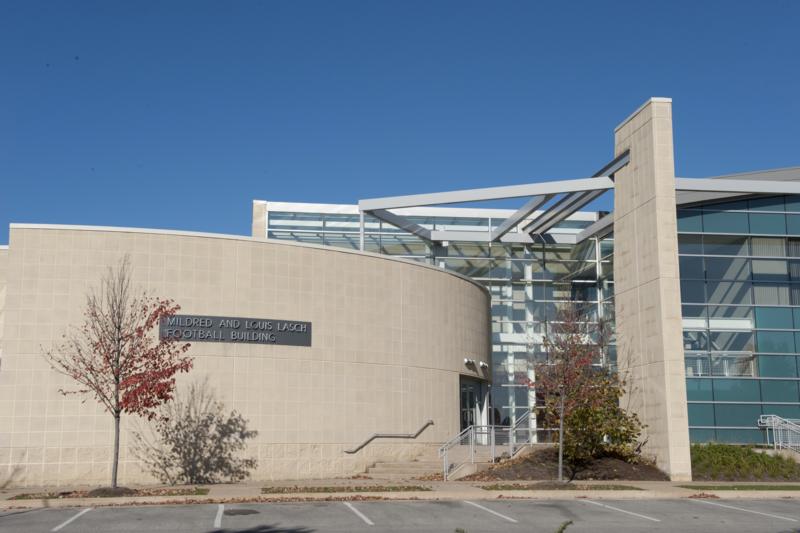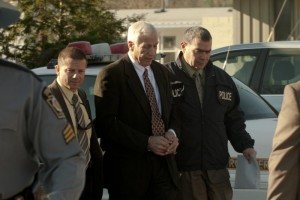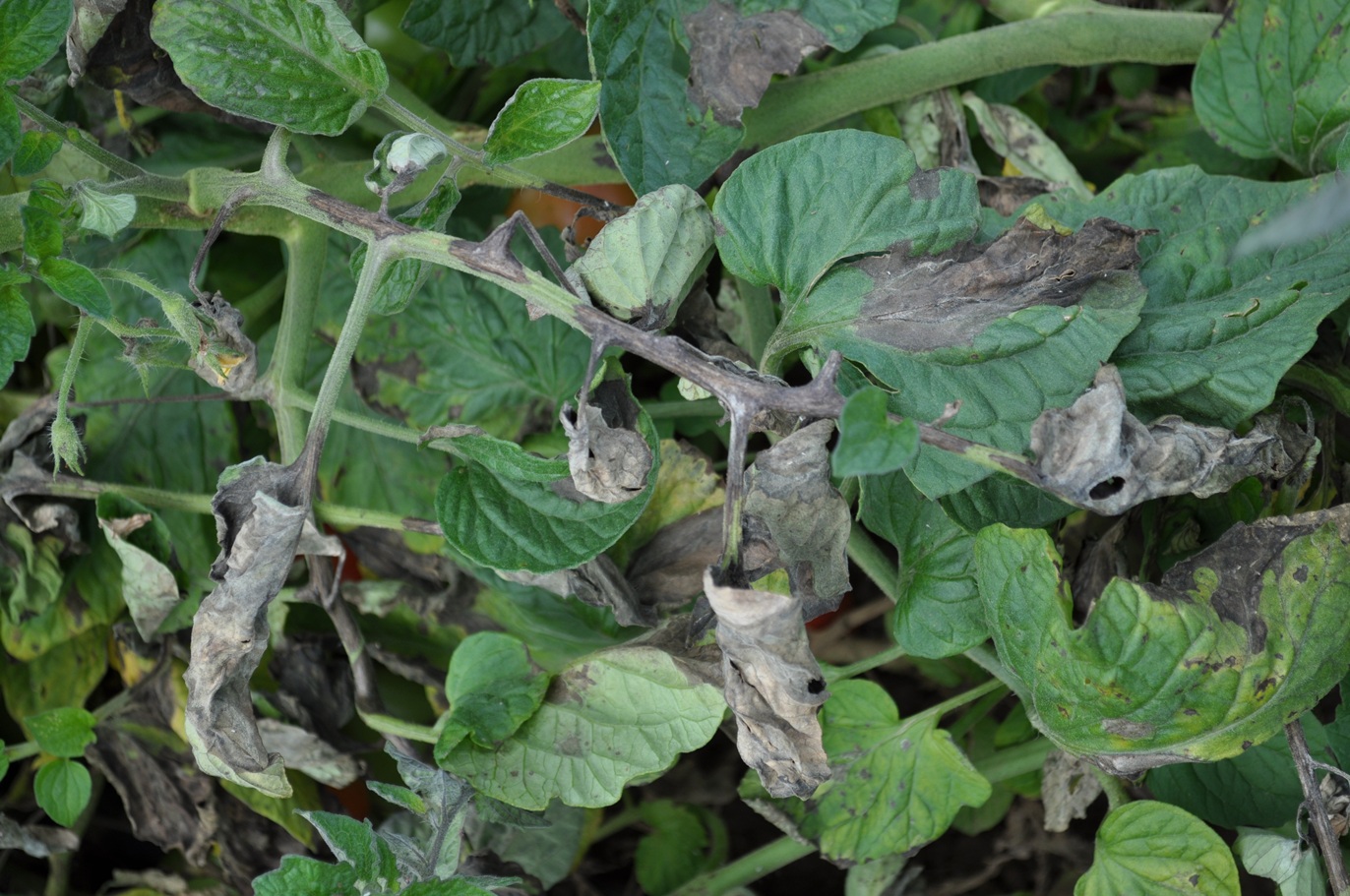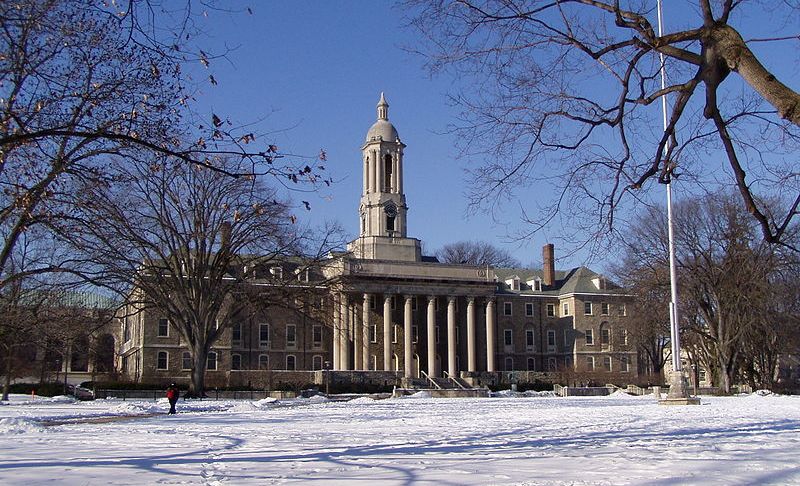Study: Pennsylvanians Want Electricity from Renewable Sources
Penn State researchers are finding broad public support for increased renewable energy generation, and the strengthening of the state’s alternative energy portfolio standards. “We looked at different groups with different incomes, different political backgrounds, rural vs. urban,” says PSU professor of agricultural and environmental economics Richard Ready. “The support is there across the board.”
The broad-based public support encompasses renewable electricity sources like hydropower, solar and wind power. In fact, Dr. Ready found that the average Pennsylvania household is willing to pay an extra $55 per year to increase renewable energy production.
“We estimate for example that to increase the amount of electricity that comes from wind power, by an amount that would be equal to 1% of the total electricity consumption in the state, the aggregate amount that Pennsylvania households would be willing to pay we estimate at about $290-million dollars per year.”
However, on average, people were not supportive of biomass combustion. “People are more supportive of technologies that don’t have emissions, and biomass combustion does have emissions,” Ready says. Pennsylvanians rated biomass combustion rated below other electricity sources, like natural gas and nuclear, according to the report.
The study, Pennsylvanians’ Attitudes Toward Renewable Energy, was sponsored by the Center for Rural Pennsylvania.













